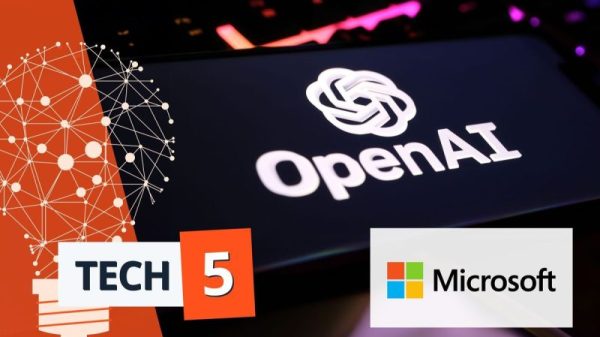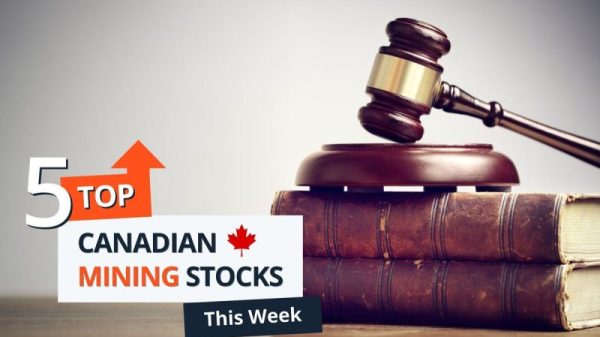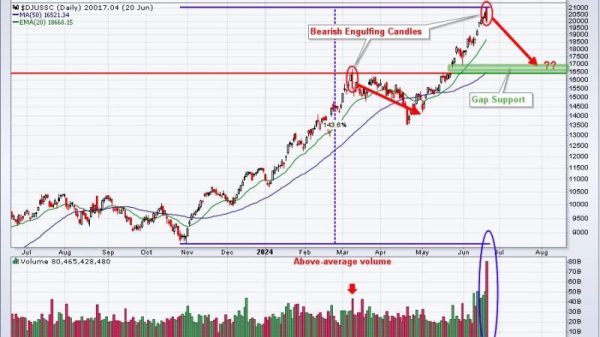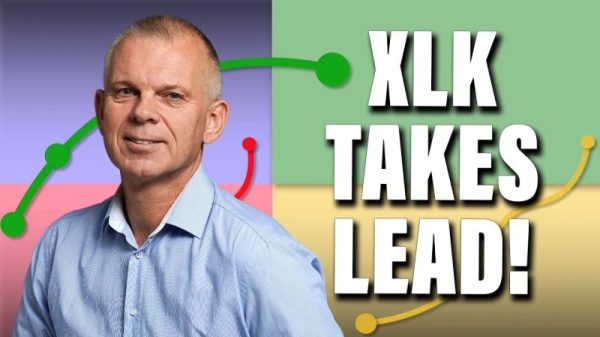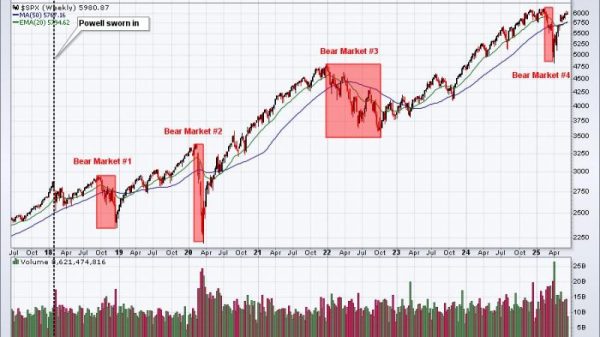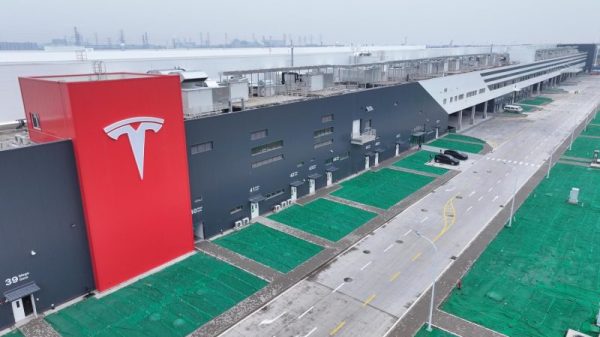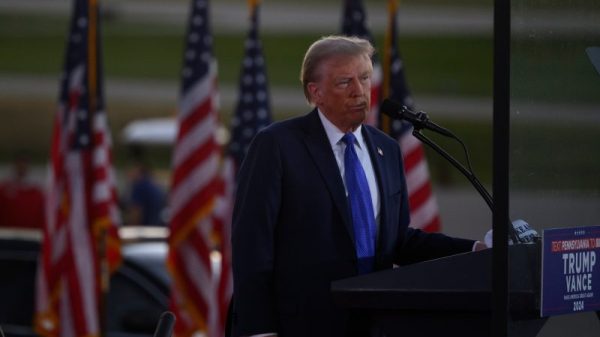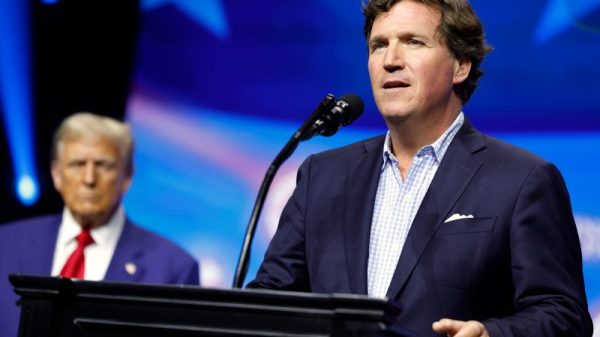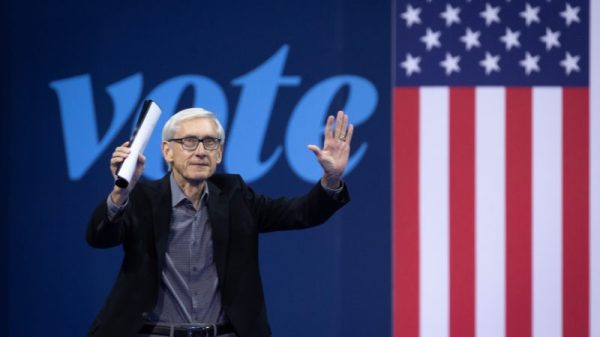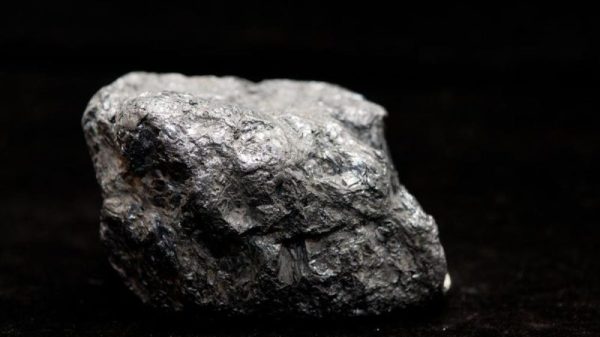As President Biden stood on a Michigan picket line recently, wearing a United Auto Workers hat and speaking through a bullhorn, he used his brief remarks to encourage union members to “stick with it” and “get back what we lost.”
He then handed the bullhorn to United Auto Workers President Shawn Fain, who proceeded to deliver a seven-minute stemwinder, casting the strike as emblematic of a broader war between the rich and the poor and blasting the “billionaire class” of besuited executives as the source of many of the nation’s problems.
“Today, the enemy isn’t some foreign country miles away,” Fain said. “It’s right here in our own area. It’s corporate greed.”
The forces that brought each man to that moment — the first visit to a picket line by a sitting president — were reflected in their different tones before the striking workers. Those conflicting styles have become pivotal as the at-times tense relationship they have forged over the past six months now holds outsize sway over the nation’s economic and political futures.
“This strike has unexpectedly become a symbol of grievances that working Americans have more broadly,” said Harley Shaiken, a labor professor at the University of California at Berkeley, and a former autoworker. “There’s a range of working Americans that feel an immediate distaste of growing inequality, because it reflects their inability to have a secure or decent life. And the president and Shawn Fain are each dealing with that.”
It’s not just the UAW strike. Labor unrest is rippling through American society in a way unseen for decades. More than 75,000 health workers at Kaiser Permanente are poised to walk off the job. Las Vegas hospitality workers have voted to authorize a strike against 22 casino resorts. A Hollywood writers strike recently ended after five months, and an actors strike continues. Companies like Starbucks and Amazon face persistent worker agitation. (Amazon founder Jeff Bezos owns The Washington Post, and interim CEO Patty Stonesifer serves on Amazon’s board.)
But the auto industry, the longtime heart of American manufacturing, carries special symbolism. It contributes about 3 percent of the nation’s gross domestic product and involves a pivotal slice of the electorate that could determine the 2024 presidential election. Fain, like his forebear Walter Reuther, is rapidly coming to symbolize American labor, and that shines a stark spotlight on his relationship with Biden.
While Biden campaigns on the idea that he has taken historic action to address inequality and boost the middle class, Fain has organized the strike around the sentiment that workers are continuing to fall behind in Biden’s America. He has pointedly withheld the UAW’s endorsement of Biden’s reelection, in part over the president’s electric vehicle policy, while also stiff-arming former president Donald Trump, who leads the polls in the Republican nomination contest.
Fain’s hard-charging approach has yielded results, his allies say, pointing to Biden’s decision to break with precedent and visit a picket line and concessions won from the Big Three automakers thus far. They say he has channeled the broader frustration of workers across the economy, as polls suggest rising support for the autoworkers, and unions more generally.
As Fain weighs how far to push in a strike that is entering its third week, expanding to include more factories and increasingly featuring accusations of violence from both sides, his relationship with Biden is critical. And the president, who just escaped one economic threat when Congress barely averted a government shutdown, can ill afford another in the form of a prolonged strike.
White House officials concede the relationship got off to a rough start, though they say it has improved in recent weeks. Fain spoke positively of the president during their joint appearance on the picket line, and the pair had a cordial conversation in the presidential limousine en route to the event, according to a senior administration official who spoke on the condition of anonymity to discuss private conversations.
But it hasn’t always been smooth. In June, Fain accused Biden’s administration of “facilitating this corporate greed.” At one point he blasted Biden’s marquee legislation for having “no commitment to workers.” More recently, he accused the White House of being “afraid” of a UAW strike.
That is hardly typical language for union leaders, most of whom are close with the Democratic establishment. White House officials cite Biden’s willingness to shrug off these slights as one reason the 55-year-old electrician and 80-year-old politician have been able to project more unity in recent days.
Fain was not well-known by Biden or his aides before his upstart victory in the UAW’s first-ever direct election in March. He campaigned on a pledge to take a tougher line than his predecessors with the auto companies, especially as high-stakes contract talks approached with Ford, General Motors and Stellantis.
In late April, Fain traveled to Washington to gather support for the looming showdown, meeting with Sen. Bernie Sanders (I-Vt.) and other lawmakers. He also met with policy officials in the White House, though not with Biden’s top political appointees, according to a White House official.
That same week, Biden officially launched his reelection bid. One of his early goals was securing as many endorsements as possible, notably from unions.
But days after Fain’s visit to the White House, he released a memo saying the UAW was withholding its endorsement because of the administration’s push to boost the production of electric vehicles. EVs require fewer workers to build than gasoline-powered cars, and some battery facilities offer lower pay and benefits than traditional auto plants.
“The federal government is pouring billions into the electric vehicle transition, with no strings attached and no commitment to workers,” Fain wrote. “We want to see national leadership have our back on this before we make any commitments.”
Some Biden aides were taken aback by Fain’s blunt tone and worried about the potential damage to Biden, who regularly calls himself the most pro-union figure ever to sit in the Oval Office.
Relations became even more strained after the Biden administration announced a loan of up to $9.2 billion for a joint venture between Ford and South Korea’s SK for the construction of three battery plants in Tennessee and Kentucky, states that union leaders considered hostile. The loan brought to the fore the unease many autoworkers felt about Biden’s Inflation Reduction Act, a 2022 law that provides taxpayer incentives to bolster the production of EVs in the United States.
While Biden had sought to include labor protections in the legislation, the final package did not require companies receiving taxpayer funds to hire union workers or pay competitive wages.
“Why is Joe Biden’s administration facilitating this corporate greed with taxpayer money?” Fain said June 23 in a blistering statement after the loan was announced, adding that “it’s an absolute shame to see another Democratic administration doubling down on a taxpayer-funded corporate giveaway.”
The statement took the Biden world by surprise. Some aides began to worry that the transition to electric vehicles was threatening to morph into a bigger political quagmire, while Trump sought to capitalize on the tension.
“Biden is a catastrophe for Michigan, and his environmental extremism is heartless and disloyal and horrible for the American worker,” Trump said at a rally in Novi, Mich.
Fain, to be sure, has no affection for Trump, saying he would be a “disaster” for the UAW. But the former president has shown some strength among rank-and-file union workers, helping him win a narrow victory in Michigan in 2016 before losing there to Biden in 2020.
The White House quickly arranged another meeting with Fain, this time with some of the president’s top aides. Upon hearing that Fain was coming to the White House on July 19, Biden asked Gene Sperling — a longtime Democratic strategist serving as his liaison to the UAW negotiations — to invite him to the Oval Office.
The president and the union leader spoke one-on-one for about 30 minutes. Biden came away with the impression that, despite Fain’s public criticism, he was something of a kindred spirit, one official said.
Three of Fain’s grandparents worked in auto plants, and the longtime laborer from Kokomo, Ind., sees himself as a champion for the working class. Biden, the son of a car salesman, has similarly pointed to his biography as he has promised to rebuild the economy “from the bottom up and the middle out.”
Relations between the White House and the UAW improved over the ensuing weeks, as Biden took public steps to show he was sensitive to the workers’ plight. He released a statement on Aug. 14 — a month ahead of the strike deadline — urging the automakers to offer workers good-paying jobs and asserting that “the UAW deserves a contract that sustains the middle class.”
Two weeks later, his administration announced $12 billion in grants and loans that auto companies could use to transform existing factories into EV plants. The Energy Department said the program would prioritize companies that have collective bargaining agreements and pay relatively high wages.
Fain praised the program on a Facebook Live chat, and he issued a statement declaring that “the Biden administration [is] doing its part to reject the false choice between a good job and a green job.”
White House aides took note of the change in tone, as well as Fain’s decision to allow the first anniversary of the Inflation Reduction Act to pass without negative comment.
But as the Sept. 14 strike deadline neared, tensions flared anew. Some in Fain’s orbit believed the president should be doing more to actively support the workers. Biden had not publicly endorsed any of the union’s specific demands, which included a pay raise of 40 percent over four years, stronger retirement benefits, an end to tiered pay scales and a 32-hour workweek.
One White House official said Biden’s advisers were not always apprised of the various offers on the table, making it difficult to parse which were Fain’s top priorities. The poor communication was highlighted on Labor Day, when Biden appeared to suggest a work stoppage was unlikely, saying, “I’m not worried about a strike until it happens.”
The blowback was immediate and intense, as Fain and his allies felt the president was undercutting the union’s position. Fain took to cable news to make clear that a strike was still very much a possibility, and he reiterated his decision to withhold his endorsement from Biden.
The president called Fain to try to ease tensions, according to one official, who added that Biden had only been trying to voice optimism that a deal could be reached.
On Sept. 14, the day before the strike began, Biden spoke again with Fain and also held calls with the heads of Ford, GM and Stellantis — each of which had offered double-digit salary increases but had not come close to meeting the union’s demands.
The next day, with the UAW striking at three plants, Biden gave remarks from the White House, echoing Fain’s argument that auto companies’ record profits “should be shared by record contracts for the UAW.” He also announced that he was dispatching Sperling and acting labor secretary Julie Su to Detroit to help with the talks.
Fain appeared to rebuff the administration, however, saying in a statement that “the White House is afraid” of a strike and taking issue with the president’s assertion that the talks had “broken down.” He also pushed back against Su and Sperling coming to Michigan, which the White House scrapped days later.
While some of Biden’s allies have felt Fain has at times proved unrealistic or hard to please, they say relations have never grown antagonistic or personally bitter. Still, as Fain continues to withhold his union’s endorsement, his allies say he has strong support within the UAW precisely because of his willingness to stand up to powerful figures — including the president.
“For decades, we’ve backed mostly Democrats,” said Scott Houldieson, a friend of Fain and a UAW worker based in Chicago. “The fact is that those endorsements haven’t paid off in the way that they should have over the decades. … I think it’s healthy to make sure that the people that we’re endorsing understand that our endorsement should mean something.”
But with Trump angling for autoworkers’ support and polls showing the president locked in a neck-and-neck race with his predecessor, pressure will mount in the months ahead for Fain to get behind Biden, Shaiken said.
“The current position that the UAW is putting forward is not tenable once Trump becomes the nominee,” he added. “The danger in that is that it may lead some UAW members to stay home. And that could be a disaster.”


